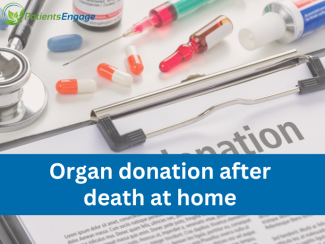how to overcome
Hypokalemia, low potassium
Hypokalemia, low potassium level, a condition in which the amount of potassium in the blood is lower than normal.
Low potassium level, could be due to various causes like diarrhea/vomitting, high sweating, and diuretic medicines.
Small drop in potassium may lead to mild symptoms like constipation, fatigue, muscle weakness, numbness and large drop may lead to abnormal heart rhythms. If you are under medication already, your potassium intake need to be balanced based on the medicines you are taking. Please, do check with doctor.
Avocados, bananas, carrots,
Avocados, bananas, carrots, milk, oranges, medium pear, spinach, tomatoes, swiss chard, vegetable juice, potatoes, beets and beet greens, baked salmon, turkey, dark meat are high – potassium foods (more than 200mg per serving)
Cabbage, cauliflower, corn, cucumber, eggplant, grapes, peas, green beans, lemon, lime, a small pear, pineapple, plums, radish, strawberries, blueberries, black berries, raspberries, watermelon, one large egg, cottage cheese are medium-potassium foods ((50-200mg per serving)
Dietary guidelines recommendations for adult is 4,700mg/day.
Shanthi, hope this has given an idea on low potassium problem and the foods to combat the same. If more guidelines required on particular food, regarding potassium level, please feel free to ask/post again.
Thank you.






According to this article
According to this article http://www.patientsengage.com/healthy-living/dash-salt-control-high-blo…, you should consume potassium-rich foods like vegetables, fruits, whole grains, beans. This is a potassium rich recipe http://www.patientsengage.com/healthy-living/low-salt-minestrone-soup. If your potassium levels are too low, you may need potassium supplements for a while. Please check with your doctor.